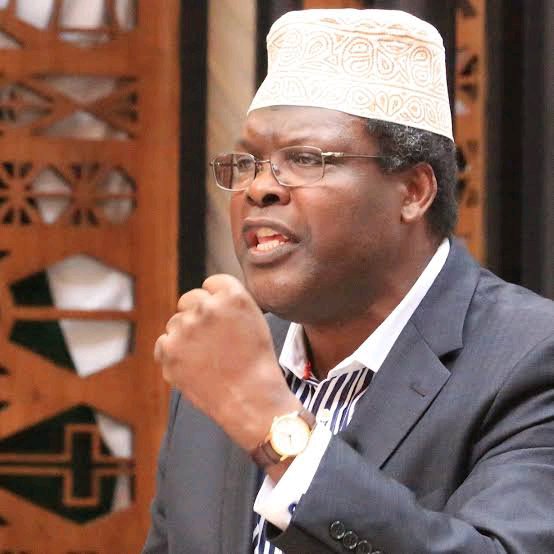“Asiyeskia la mkuu huvunjika guu.” A famous swahili saying warning those who fail to heed instruction.
Former President Uhuru Kenyatta recently addressed the Jubilee Party’s National Delegates Conference, and let’s just say he wasn’t holding back on President William Ruto’s administration. With a tone that was both fiery and humorous, Uhuru Kenyatta likened Ruto’s leadership style to a trial-and-error experiment gone wrong. Uhuru recalled his warning to Kenyans before the 2022 presidential election, cautioning them against electing Ruto. “I warned you about this hustler,” he seemed to say, “but my message fell on deaf ears and got lost in the noise of insults, myths, and stories of dynasties and hustlers.”
As reported in The Mount Kenya Times on July 15, 2024, Uhuru criticized Ruto’s administration for imposing harsh taxes on Kenyans, exacerbating the country’s economic woes. He also slammed Ruto’s appointments, claiming they’re largely based on tribal affiliations rather than merit. This criticism resonates with many Kenyans struggling amid rising costs and economic uncertainty.
In a speech on March 23, 2024, Uhuru rejected the “dynasty” label pinned on him by Ruto’s allies, saying in Kikuyu, “Ni hiki kizazi gĩa kĩrooko, no rĩrĩa tũtigarĩrwo nĩ andũ ngũrani.” (“This is the generation of the hustlers, but we are not left behind by the people.”) He emphasized that every Kenyan deserves an equal chance at leadership, regardless of their background. This message speaks to the aspirations of many young Kenyans seeking a more inclusive system.
An article from Tuko reported that Uhuru praised the youth for their activism and courage during the anti-Finance Bill 2024 protests, saying, “Mũrata wake waku, mwena waku, mwana waku – nĩo ũtũmaga tũkorwo hamwe.” (“Your brother, your sister, your child – that’s what keeps us together.”) This statement highlights the importance of intergenerational unity.
Despite their differences, Ruto met with Uhuru at his Ichaweri residence in Gatundu South, Kiambu county, on December 9, 2024. The two leaders discussed around 10 issues of national interest, including the crisis facing the reconstitution of the Independent Electoral and Boundaries Commission (IEBC).
As Uhuru Kenyatta critiques Ruto’s administration, Kenya faces significant economic challenges. The country’s public debt stood at Ksh 10.6 trillion in June 2024, with external debt amounting to a substantial portion. This raises questions about the sustainability of Kenya’s debt and the impact on future generations.
- What does the future hold for Kenya’s economy? Will the current administration’s policies stabilize the debt-to-GDP ratio and promote growth?
- Can Kenya attract sufficient investments to support development goals?
- How will the government’s relationship with international organizations shape Kenya’s economic trajectory?
The article sparks debate about Kenya’s political and economic landscape. Some possible perspectives include:
- Divisive politics: Uhuru’s comments may be seen as divisive, highlighting the challenges of Kenyan politics and the need for inclusive leadership.
- Economic concerns: The article raises important questions about Kenya’s economic future, debt sustainability, and the impact of policy decisions on citizens.
- Generational unity: Uhuru’s praise for youth activism emphasizes the importance of intergenerational collaboration in shaping Kenya’s future.
In conclusion, Uhuru Kenyatta’s message to Kenyans is clear: demand better from your leaders, prioritize policies that benefit the country, and don’t let the hustler-dynasty narrative divide you. As one Kenyan to another, it’s time to take charge of our destiny and build a better future for all.


